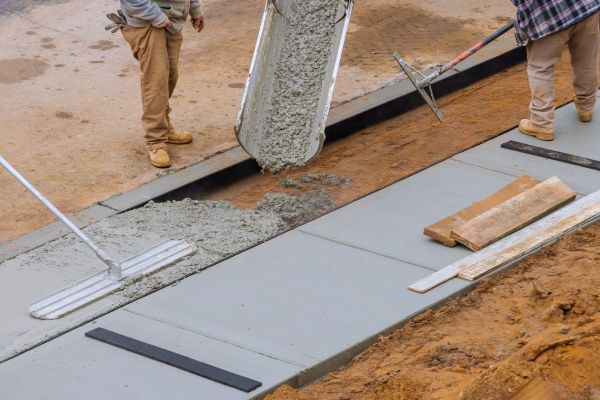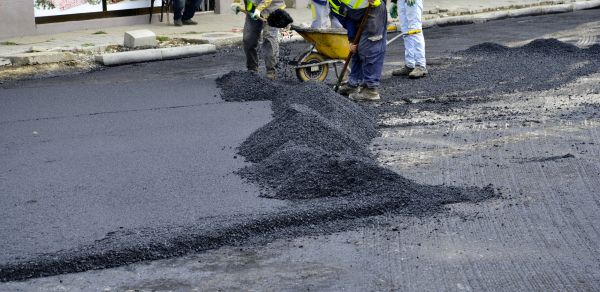Highway Resurfacing Service
Affordable Highway Resurfacing
Highway resurfacing is a crucial aspect of road maintenance and infrastructure management. It involves the process of removing the top layer of an existing road surface and replacing it with new material, typically asphalt or concrete. This process not only enhances the road's appearance but also significantly improves its functionality and safety. Regular highway resurfacing is essential to address wear and tear from traffic, weather conditions, and other environmental factors. By maintaining smooth and durable road surfaces, resurfacing helps to prevent accidents, reduce vehicle maintenance costs, and ensure efficient transportation systems.
Benefits of Highway Resurfacing
-
Improved Safety
Resurfacing highways reduces the risk of accidents by providing a smoother and more even driving surface. This process eliminates potholes, cracks, and other surface irregularities that can cause vehicles to lose control, especially in adverse weather conditions. A well-maintained road surface enhances traction and visibility, contributing to safer driving experiences. -
Extended Road Lifespan
By addressing surface damage early, highway resurfacing can significantly extend the life of a road. This proactive maintenance approach prevents further deterioration that could lead to more costly repairs or complete road reconstruction. Consequently, resurfacing is a cost-effective solution for preserving infrastructure. -
Enhanced Driving Experience
A newly resurfaced highway offers a more comfortable ride for drivers and passengers. The smooth surface minimizes noise and vibration, making long journeys more pleasant. Additionally, improved road conditions can lead to better fuel efficiency for vehicles, as they encounter less resistance. -
Economic Benefits
Investing in highway resurfacing can have positive economic impacts. Improved road conditions facilitate the efficient movement of goods and services, supporting local businesses and contributing to economic growth. Moreover, well-maintained roads attract tourists and enhance the overall appeal of a region.
FAQs About Highway Resurfacing
What is the typical duration for highway resurfacing projects?
The duration of a highway resurfacing project can vary depending on the size and complexity of the road section being resurfaced. Generally, smaller projects may take a few days to a week, while larger sections might require several weeks to complete.
How often should highways be resurfaced?
The frequency of highway resurfacing depends on various factors, including traffic volume, environmental conditions, and the materials used. Typically, highways may need resurfacing every 10 to 15 years, but this can vary based on specific circumstances.
Will highway resurfacing cause traffic disruptions?
While resurfacing projects can lead to temporary traffic disruptions, efforts are made to minimize inconvenience. Work is often scheduled during off-peak hours, and clear signage is provided to guide drivers through detours or alternative routes.
Can resurfacing be done in all weather conditions?
Resurfacing is generally best performed in dry, mild weather conditions to ensure optimal results. Extreme temperatures, rain, or snow can affect the quality of the resurfacing work, so projects are typically scheduled during favorable weather periods.
Take the next step towards safer and more efficient roads. Fill out the contact form to request professional Highway Resurfacing services today. Experience the benefits of improved safety, extended road lifespan, enhanced driving comfort, and positive economic impacts.




